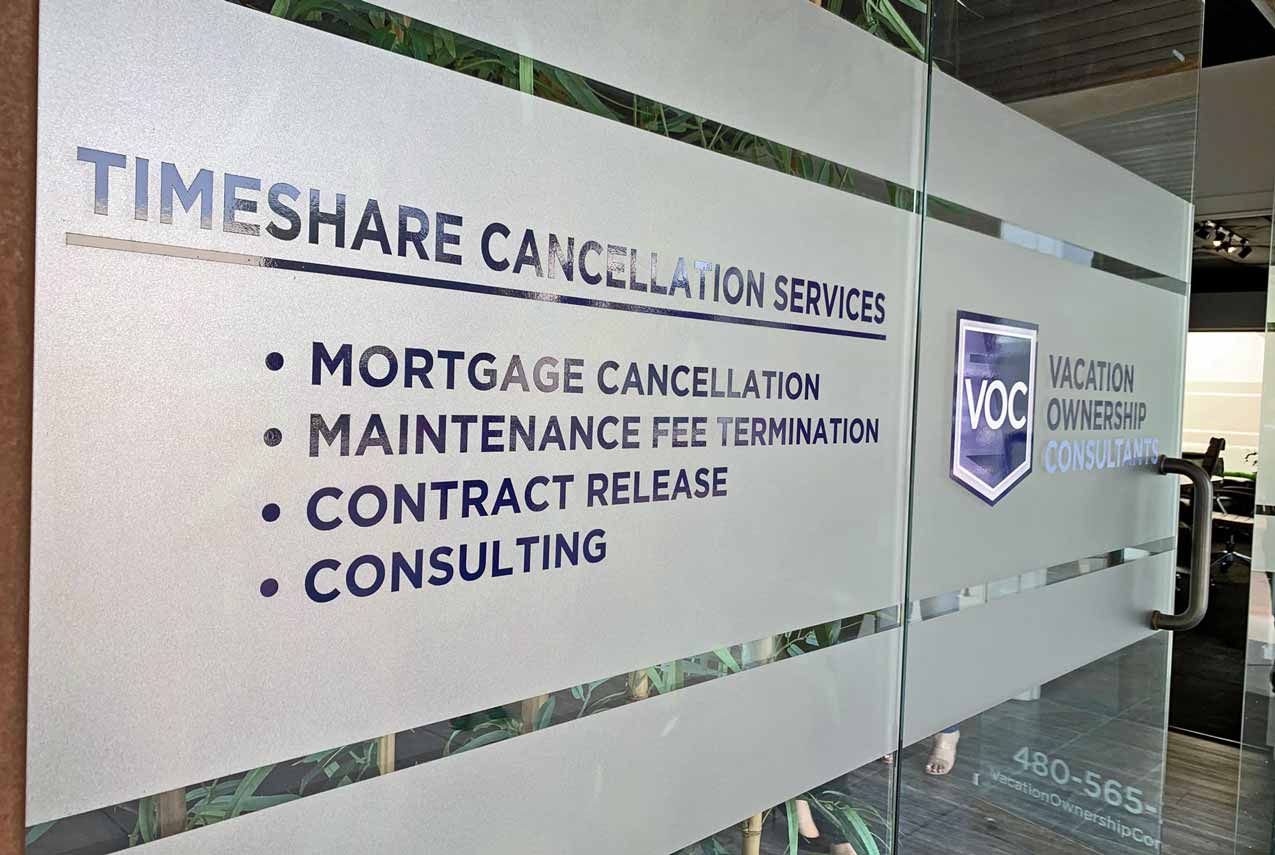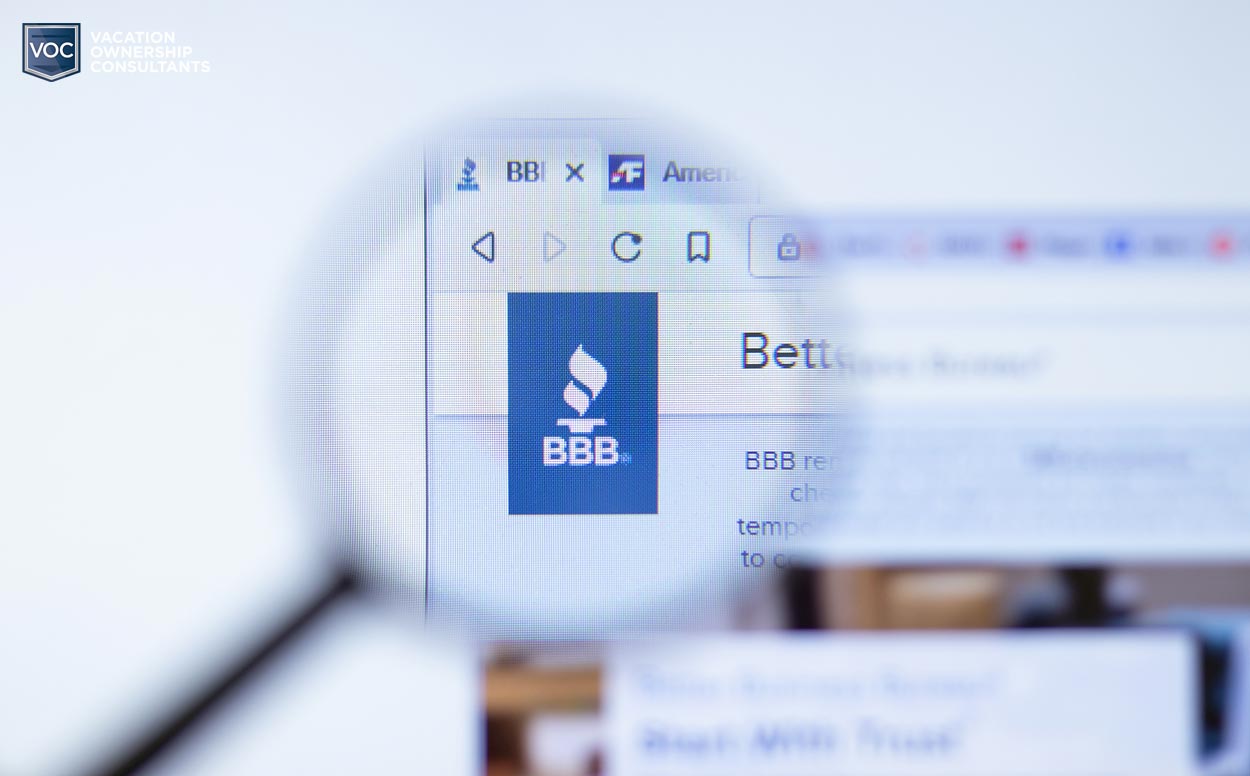Before the nation was completely swept by travel restrictions and mask mandates, The Better Business Bureau (BBB) was already warning timeshare owners about potential scams. Now that a majority of timeshare sales teams have been let go, this threat is even more heightened. In case you were unaware, timeshare exit fraud is oftentimes managed by those that were originally trained by timeshare companies themselves.
Now that the pandemic has a multitude of vacation owners second guessing timeshare costs, scam artists are licking their chops. If the marketplace is now full of former employees, many exit options could be extremely risky. So let’s take a look at some of the main points of the BBB’s advice from last March.
Why is the BBB Warning Timeshare Owners in Mexico?
In the beginning months of 2020, the BBB began to receive a number of complaints from consumers that owned timeshares in Mexico. According to reports, owners were receiving several “unsolicited offers” for their weekly interval that were well above the actual value of the product. While some victims simply received a phone call, many others fell for the ploy – losing thousands of dollars along the way.
In fact, one owner in St. Louis claimed to have handed over more than $11K before $50K worth of bank fees deterred him from paying any more. These types of scams work because timeshare owners believe they’re getting out of the contract at a price they’ve yet to be offered. It’s often seen as a once in a lifetime opportunity – kind of like their original timeshare purchase.
Nonetheless, offers appear to be made by professional companies with genuine buyers. Otherwise, victims wouldn’t take the bait. According to the BBB’s publication, this is usually done by email or directly over the phone. They even claimed that some scammers send the consumer a contract to sign to make it appear like a legitimate transaction. All they want is for their targets to send them money.

How Do Mexican Timeshare Scams Make Money?
Payment requests often come in the form of closing costs, government taxes, legal fees or things like deed transfer costs. The aforementioned St. Louis man was apparently asked to pay his closing costs and Mexico capital gains. When your timeshare is south of the border, there’s no telling what a fraudulent operation will tell you.
This is why the BBB found it important to speak up on the matter. “Fraudsters will keep the consumer on the hook as long as they can before letting go,” their warning said. The Bureau’s President and CEO in St. Louis, Michelle Corey, even chimed in with her own advice. “When someone calls you unsolicited and offers you a deal that sounds too good to be true, it probably is,” she said.
5 Defense Tips For Timeshare Fraud By the BBB:
- The first tip from the consumer driven platform was to perform adequate research before making any decisions. “[Doing so] may save you a headache,” it read. “If you are directed to a company website, see how long it has been in operation by searching web domain registries.” Like we’ve said before, if a company’s website has only been active for a few months, then they haven’t been in business for long. Don’t believe all the hype.
- Secondly, they mention the importance of asking “where the company is located and where it is headquartered.” This is something you can actually look up and confirm on your own. But that’s not the only good piece of advice offered. “If the business is located in an office building, reach out to the property owner and ask if the business is an actual tenant.”
- The BBB also wants to make sure all timeshare owners are wary of anyone claiming they have eager buyers for timeshares. Especially those who ask for upfront fees or promise to rent your interval for additional cash.
- They also want to make sure you get a signed contract “that details what is done, a timetable of events and an explanation of what happens if the business or the consumer doesn’t comply with the agreement.” Oftentimes, exit companies make promises they can’t keep, like guaranteeing a sale by a certain date. If they’re offering a refund for non-successful attempts, then it better be in writing.
- Lastly, they wanted to remind timeshare owners that they can always look up solicitors on the BBB’s website to see if it has an Accredited Business Profile. Calling 888-996-3887 will also do the trick.
Avoiding Timeshare Fraud is a Big Deal in 2021.
Living in unprecedented times makes it difficult to know what to do as a timeshare owner. At the same time, a vague future can provide you with present certainty. “If you want to pursue one of these types of offers, you really have to do your research to make sure it is legitimate,” says Corey. We couldn’t agree more. If you have any questions about your contract this year, don’t hesitate to schedule a free consultation.






